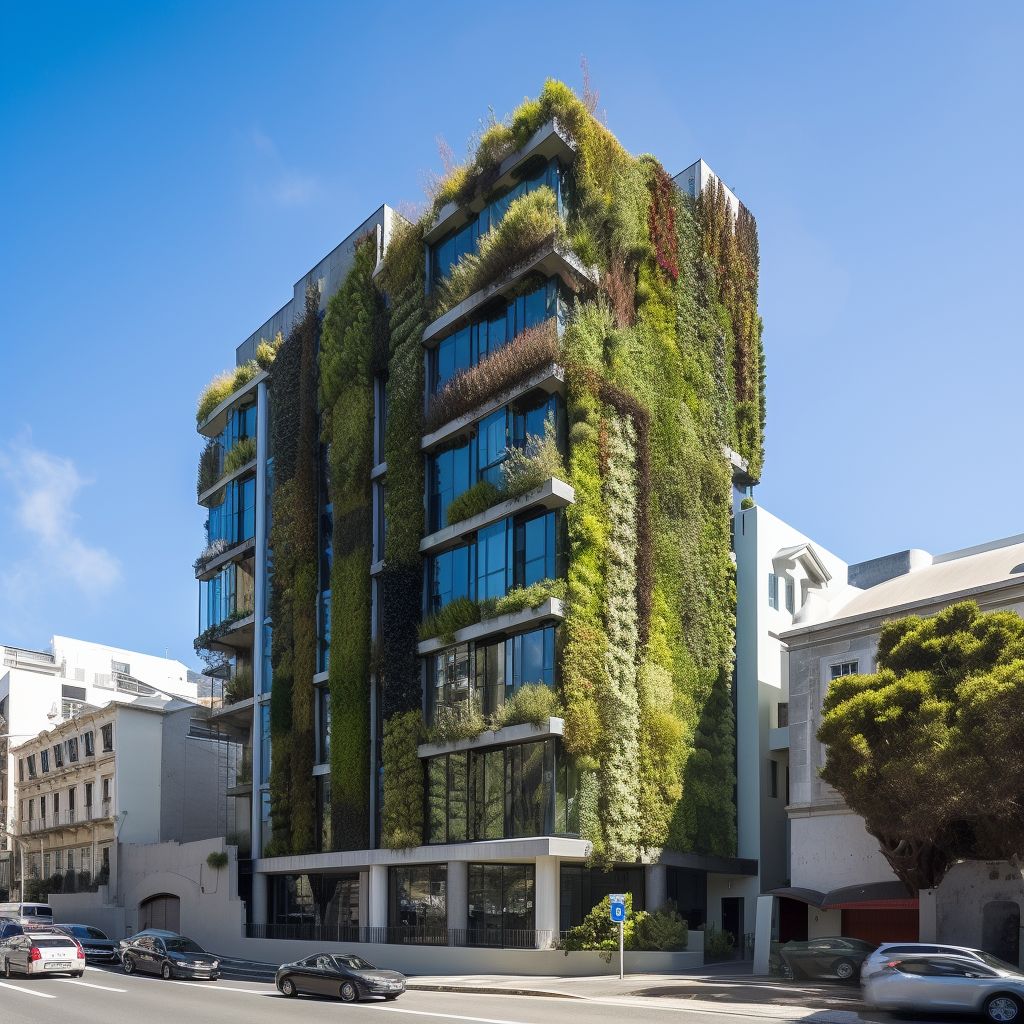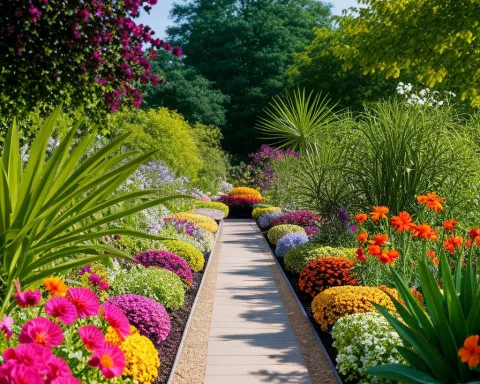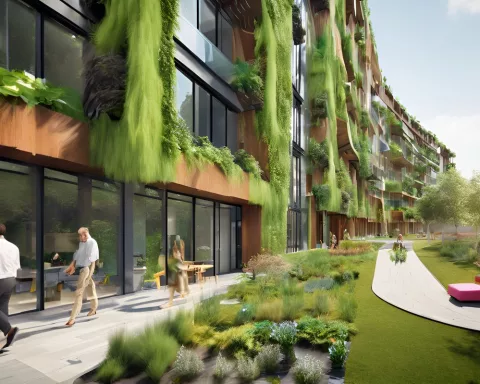In Cape Town’s downtown area, a pioneering architectural feat, The Fynbos, is being built as Africa’s first biophilic building. The Fynbos aims to merge urban living with nature by integrating natural elements into its design.
The Building’s Features
The Fynbos is named after indigenous vegetation found in the Western Cape and reaches 24 stories high. It will comprise 689 apartments, a coworking space, a lap pool, a rooftop terrace, a plant-based restaurant on the ground floor, and additional facilities. The biophilic concept emphasizes weaving nature into the urban fabric to revive the city. This approach also enhances the internal living spaces for the building’s occupants.
Sustainable Features
The Fynbos features a 1,200-square-meter vertical garden covering the exterior. This garden houses a diverse range of indigenous trees and shrubs. The building also uses eco-friendly energy and water conservation technologies such as solar panels and a rainwater harvesting system.
Sales Performance
Paul Upton, head of developments for Dogon Group Properties — the agent for the development — has revealed that The Fynbos has attracted “robust interest” from both local and overseas buyers. Due to its strong sales performance, developers are now considering raising prices for the remaining units. Currently, studio apartments have a starting price of R1,104,000 ($73,000), while one-bedroom and two-bedroom units are priced from R1,920,000 ($128,000) and R4,290,000 ($284,000), respectively.
A Shining Example
The Fynbos is not only a significant landmark in Africa’s architectural domain, but it also serves as an illustration of how urban living can be re-envisioned to encourage a deeper connection with nature. With Cape Town witnessing increasing property prices and rising demand, The Fynbos stands as a shining example of sustainable, nature-inspired living in the heart of the city. As more developers and urban planners adopt the biophilic concept, the integration of natural elements into urban design can contribute to healthier, more vibrant, and eco-friendly cities.












